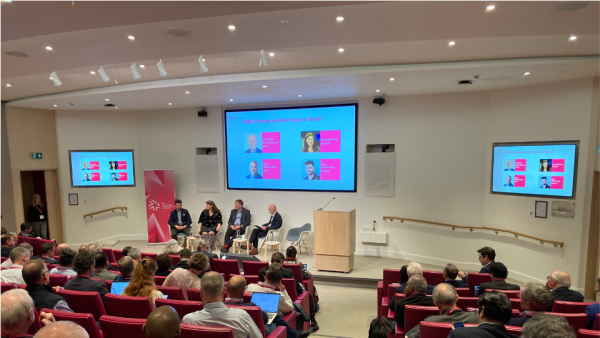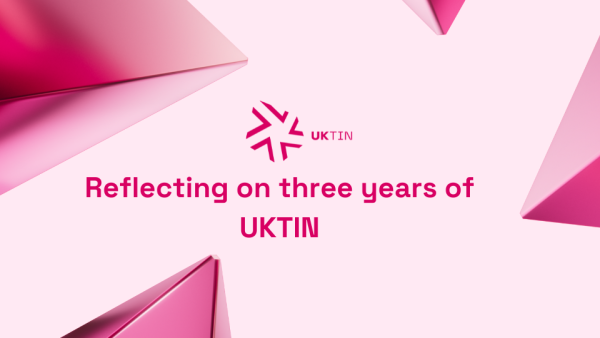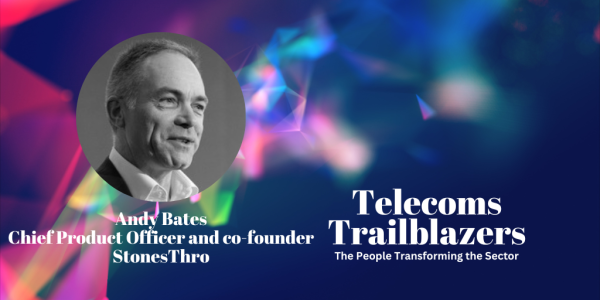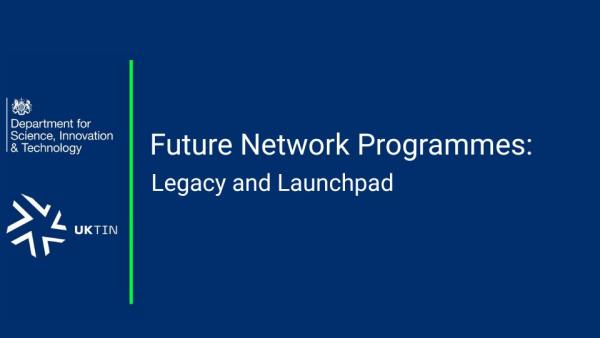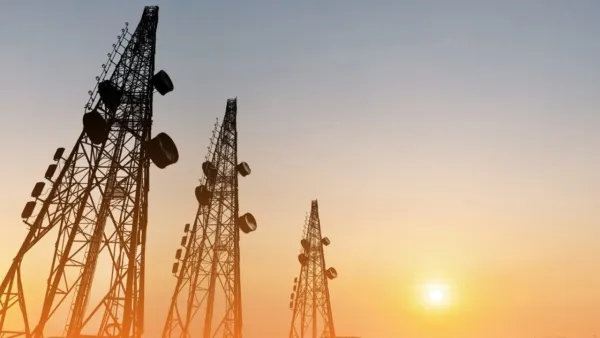Latest in the Telecoms Trailblazers series.
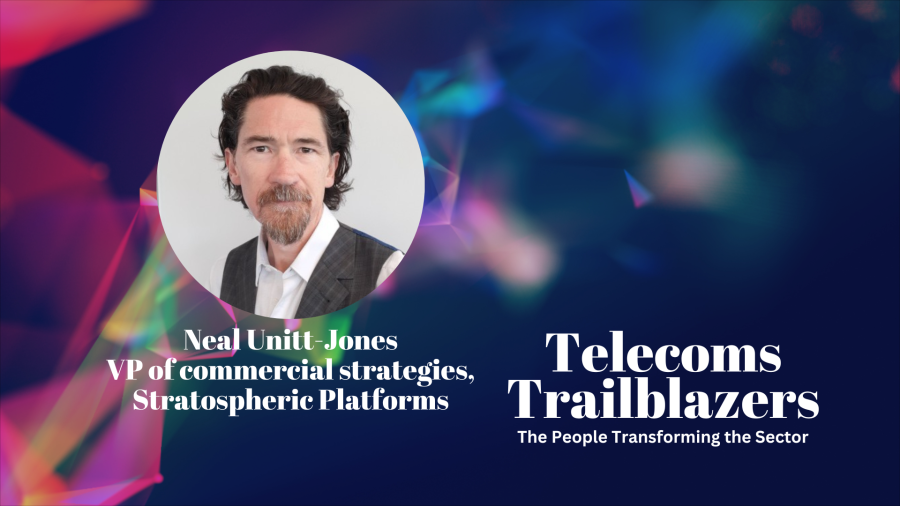
Hi, my name is Neal Unitt-Jones and I am the Vice President of commercial strategies at Stratospheric Platforms. It was founded in 2014 to establish communication links via the stratosphere, complementing and extending existing mobile and fixed terrestrial networks through “masts in the sky”.
I have been working in this space for what feels like 100 years. I began as a physicist and joined the aerospace industry in 1985, gradually increasing my domain knowledge. Now, I am essentially a supply chain enabler.
How do we do business? Well, just like any other start-up. We have customers and suppliers. But I like to think we’re doing something exotic. Our aim is to build a HAP (high altitude platform) station in the stratosphere that will be remotely piloted and provide 5G connectivity to anything below it over an area of 15,000 square kilometres—the size of Yorkshire!
However, the challenge is that we are building a supply chain for products that do not yet exist. This is the common paradox of being in a new technology environment. In addition to this, we’re integrating three different supply chains-advanced telecoms, huge UAVs (unmanned aerial vehicles) and hydrogen power into one product.
Our approach is to eat the elephant one bite at a time. The first step was to approach experts in the field: for example, with the antenna, we created a very novel and powerful 5G antenna with the help of consultants. The next stage is to take this out of the lab and run real-world trials with data in an industrial park. Then, we will deploy this in an ordinary aircraft, and then in a stratospheric aircraft. It feels very surreal to say that. I cannot wait to bring this to life.
1/ What do you enjoy most about working in this space?
The future scope. Doing something completely new. There are currently no fully functioning HAPS delivering connectivity at scale. This is a blue-sky opportunity. That’s what gets us going every day.
2/ What’s the most ridiculous thing you’ve done in the name of work?
At a team conference at a golf resort in Arizona, one of the perks was a free round of golf. Me and a colleague, both poor golfers, decided to have a go. Southern Arizona has very narrow fairways (go figure), so our rubbish swings often put us in the scrub and rocks looking for our golf balls. By the end of the day, we had each found about 20 balls, discarded, we thought, by rich golfers who couldn’t be bothered to look. Later, the manager at the clubhouse took great pleasure in explaining to a couple of naïve Brits why nobody looks for lost golf balls in Arizona. Rattlesnakes!
3/ What excites you most about working in telecoms?
The opportunities for change are not necessarily about advancement or improvement but about ensuring connectivity. Almost half of the world’s population does not have access to the internet. A very large proportion, then, do not have access to digital healthcare, business and education. This is unacceptable.
4/ What would you like people to know about your work?
There was a time when people didn’t know what a mobile phone was. Very few could explain broadband. Now, these are everyday terms in almost everybody’s dialect. As telecoms progress, knowledge increases. Soon the general public will be talking about HAPS just like they do Wi-Fi.
5/ Why is a vibrant, flourishing telecoms ecosystem important for the UK?
Telecommunications is like oxygen. It is the heart and soul of the UK, the lifeblood of our economy. You and I may have never met, in fact, we may never meet, yet we can connect with one another and exchange ideas back and forth, thanks to connectivity.



